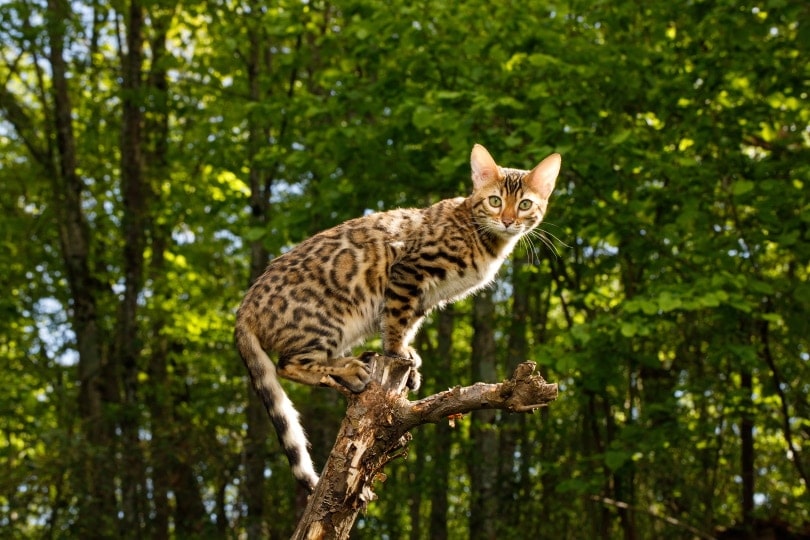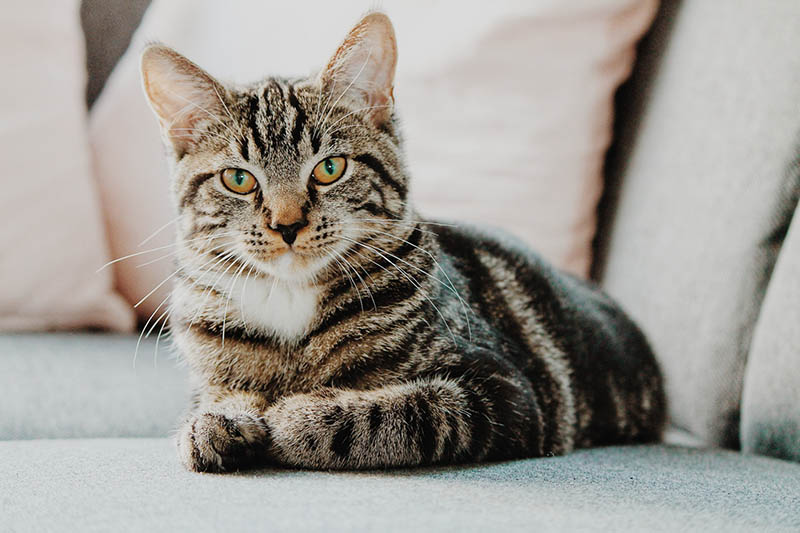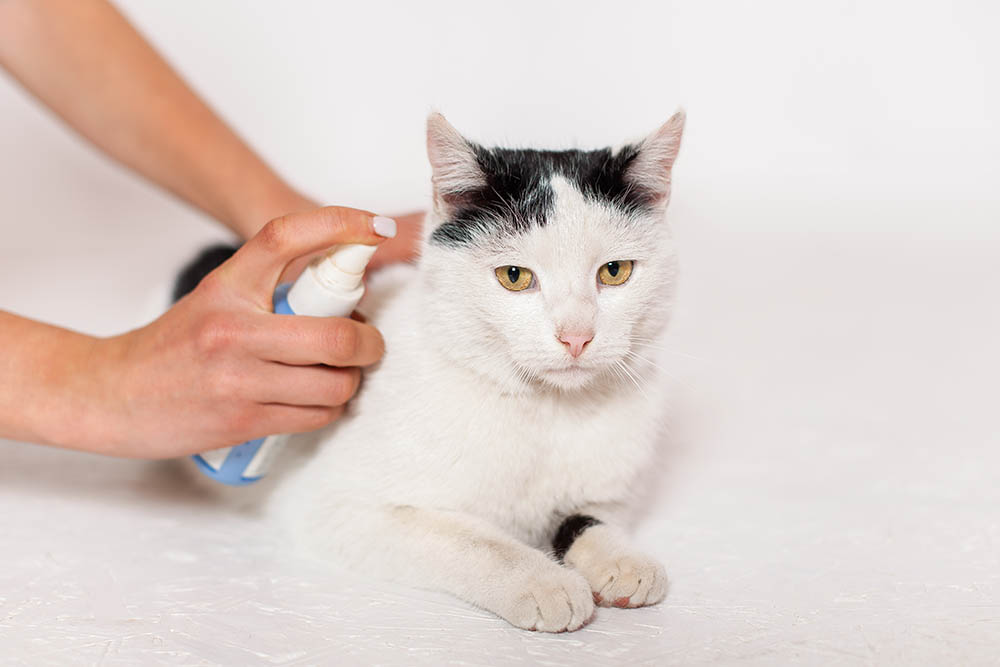Can Cats Eat Peaches? Vet-Reviewed Facts & FAQ
Updated on

Peaches are healthy fruits for humans. They are beneficial to the digestive system, support the immune system, and have antioxidant properties, just to name a few reasons that peaches should at least occasionally be on the menu. So, if peaches are healthy for humans, are they healthy for cats too?
Cats are carnivores and would not ordinarily eat foods like peaches in the wild. They prefer to focus on animal protein whenever possible. However, this does not mean that cats can’t eat peaches. Peaches can be a healthy part of your cat’s diet if they are offered rarely. Here is what you should know about feeding peaches to your feline family member.
Fresh, Frozen, or Canned?
Canned peaches are delicious, convenient, and affordable. However, they also happen to be filled with added sugars and preservatives. Some canned peaches even include high fructose corn sugar and artificial flavors and colors. None of these things offer any benefit to cats, so canned peaches should always be avoided.
Frozen peaches are a better choice because they usually do not have any additives or extra sugars. However, the best option is fresh peaches. They are in their natural state and are therefore the healthiest choice overall.

When to Feed Peaches to Your Cat
While peaches can be healthy additions to your cat’s diet, they should never be treated as anything more than treats. Peaches have natural sugars and carbohydrates that are not necessary for your cat and that could negatively impact their health if they make up too much of their diet. Peaches should be offered only on occasion, as a reward or to rehydrate on a hot sunny day.
Your cat needs no more than ¼ of a peach at any given time. It is important to thoroughly clean the peach or even remove the skin to minimize the chance that your cat will be exposed to toxins like pesticides and fertilizers. Cut up the peach into small chunks, and offer your cat a couple of chunks at a time. You can store the leftover chunks in a storage container for later use.
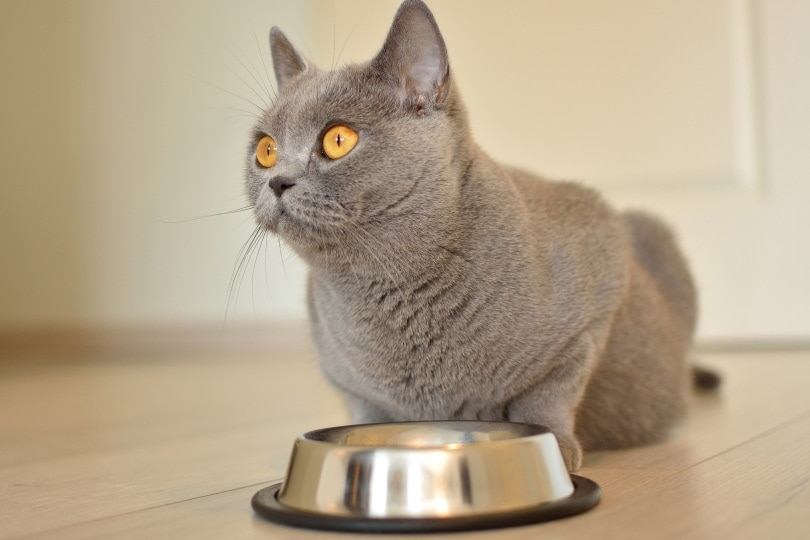
The Dangers of Peach Pits
You should never feed the pit of a peach to your cat or allow your cat to gain access to a pit at any time. It’s a choking hazard and contains a poison called amygdalin, which is a chemical that gets converted into cyanide by the body. While this chemical is not found in the flesh of the peach in any notable amounts, the pit is full of it.
If the pit gets cracked open and the amygdalin inside is consumed, it could poison your cat. The best way to keep your cat protected from amygdalin is to prepare a peach away from their reach and to immediately throw the pit away into a secure garbage bin, where there is no chance that your cat will get a hold of it.

It’s Okay If Your Cat Doesn’t Like Peaches
There is no reason to worry if your cat does not want to eat peaches. Unlike humans, cats cannot taste sweetness, so the allure that peaches offer us is not the same for cats. Therefore, your kitty may not show any interest in eating a peach, especially if they are already getting all the nutrition that they need from their complete and balanced diet. So, pass on the peaches if your cat shows no interest, and focus on other types of treats instead.
Freshly cooked chicken pieces, a couple of bites of fish, shredded carrot, green beans, and even a spoonful of peas are all great snack options that your furry friend might enjoy munching on from time to time. Some cats simply are not into human foods, so don’t despair if you keep coming up empty.
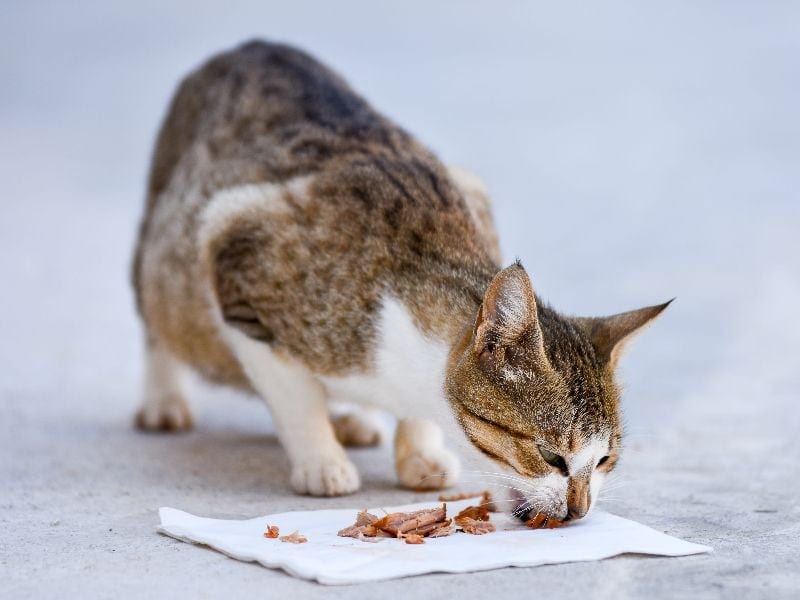
Final Thoughts
Depending on your cat’s preferences, you might find that every time you cut or bite into a peach, your kitty comes running. On the other hand, the sight and smell of a peach may make your cat turn up their nose. Whatever the case is, keep in mind that peaches are more for people than for cats. Cats don’t need a single bite of a peach to stay happy and healthy throughout their lives. Peaches or no peaches, the important thing to focus on is making sure that your cat gets all the nutrition that they need through a quality commercial wet or dry food.
Featured Image Credit: Piqsels


